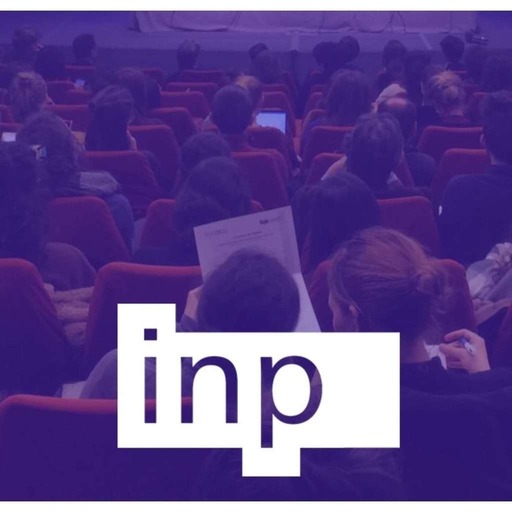Conference of Michelle L. Stefano, Ph.D., Folklife Specialist at the American Folklife Center in the Library of Congress, Washington
The presentation explores the “public folklore” system in the United States for safeguarding and promoting what is commonly called “folklife” (or living cultural traditions and practices), a concept comparable to “intangible cultural heritage”. This exploration begins at the national level, tracing the development of a nationwide public folklore infrastructure via efforts of the Smithsonian Center for Folklife and Cultural Heritage, the Folk and Traditional Arts Program of the National Endowment for the Arts, and the American Folklife Center, since the late 1960s. It then follows the infrastructure to the state and local levels through an examination of particular programs of Maryland Traditions, the folklife program of the state of Maryland, bringing to light guiding principles – such as reflexivity and collaboration – and common areas of activity of U.S. public folklorists. Activities discussed relate to folklife festivals, apprenticeship programs, ethnographic research and documentation, and archives. As shown, U.S. public folklore is a system that in large part serves to support a multitude of local-level, community-based collaborations in sustaining folklife.
Conférence du cycle "Ce que patrimoine veut dire"
Enregistré sur Zoom le 13 avril 2021.












